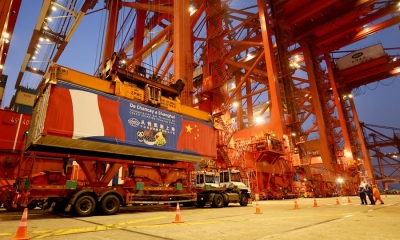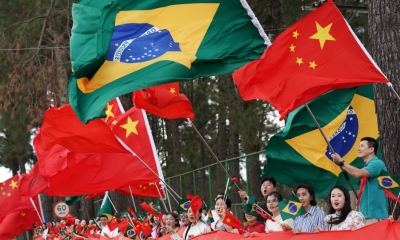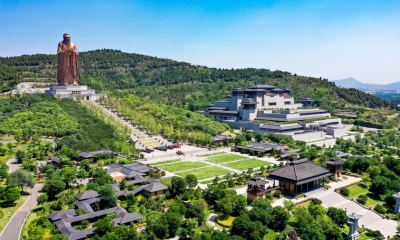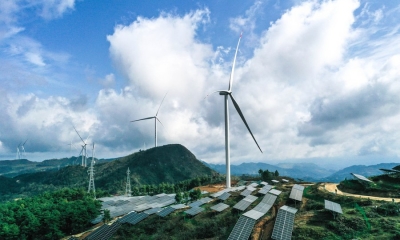Toward a Better Future of BRICS Cooperation
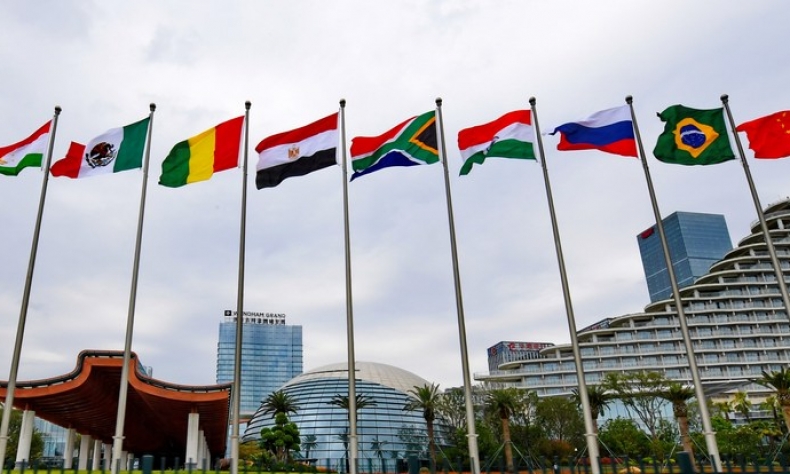
Try to walk the walk. From the joint declarations and communiques of the BRICS summit and ministers’ meetings, we can see that the organization wishes to cooperate in every field.
Ten years ago, a little bit disappointed about the progress of BRICS (Brazil, Russia, India, China, and South Africa) cooperation, I coined the following acronym for a presentation I was giving at a seminar on the topic:
B – Banquet
R – Round table speech
I – Issuing a joint communique
C – Camera for a group photo
S – Shaking hands
Today, that acronym is outdated and inaccurate as BRICS cooperation has resulted in great progress in the past decade. Therefore, I decided to create a new version last month for a speech at another seminar:
B – Bank
R – Reforming the IMF quotas
I – Innovation Base
C – Common ground on many issues
S – Strategy for Economic Partnership 2025
The New Development Bank (NDB), established in 2014, has become a new player in financial globalization by supplementing the efforts of multilateral and regional financial institutions for global development. It has contributed to achieving the goal of strong, sustainable and balanced growth with a robust and diverse portfolio. It has also helped its members fight the COVID-19 pandemic. Last September, the NDB announced it was welcoming the United Arab Emirates, Uruguay and Bangladesh as new members. No less impressive is the fact that it has moved to a new building in Shanghai’s World Expo Park.
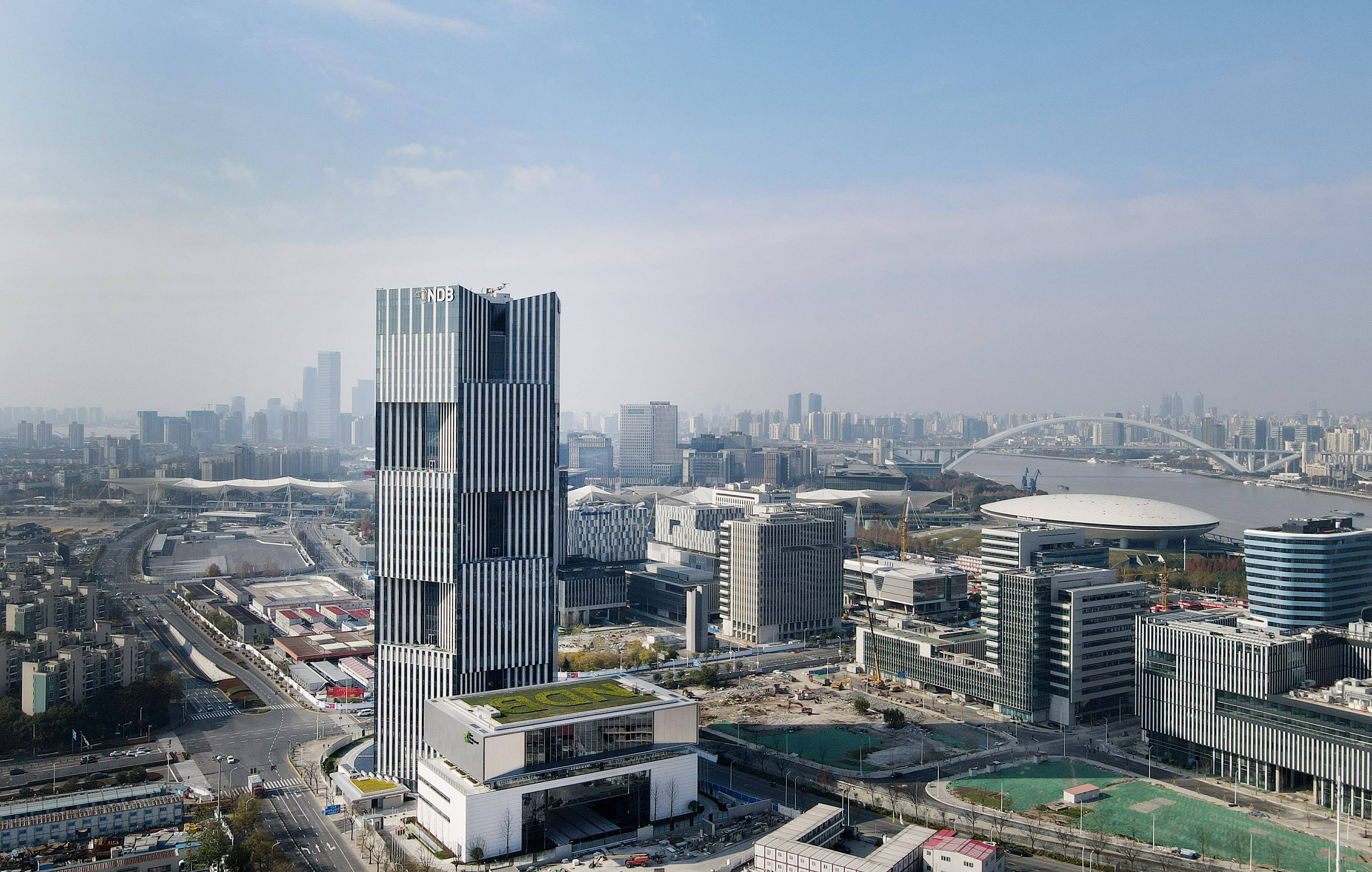
Leaders of the world’s 20 largest economies, the G20, agreed at a summit in Seoul in November 2010 to reform the International Monetary Fund (IMF), so that it could better reflect the changing global economy through greater representation of dynamic emerging markets and developing countries. It was believed that these comprehensive quota and governance reforms could enhance the IMF’s legitimacy, credibility and effectiveness, making it an even stronger institution for promoting global financial stability and growth.
BRICS played a vital role in consistently calling for effective implementation of the IMF’s commitment. In December 2015, the U.S. Congress adopted legislation authorizing the IMF 2010 quota and governance reforms, and all the conditions for their implementation were met in January 2016. For the first time, Brazil, Russia, India and China entered the IMF’s top 10 biggest members, with China becoming the third largest (6.4%).
In the age of the fourth industrial revolution, or Industry 4.0, competitiveness matters. One of the most important ways to strengthen competitiveness is to boost innovation. At the 12th BRICS virtual summit in 2020, China announced that it would set up an innovation center for BRICS partnership on new industrial revolution in the city of Xiamen, Fujian province, devoting a large amount of resources to making it a reality.
One of the most important aims of BRICS is to push forward global governance and establish a new world order. It is true that the five members cannot have the same position on some issues. However, they share a lot of common ground on various topics. These include enhancing and improving global governance; strengthening multilateralism through upholding international law and the U.N. Charter; speeding up the implementation of the 2030 Sustainable Development Agenda; containing the spread and effects of the pandemic; promoting democracy, human rights and fundamental freedoms for all; and implementing comprehensive reform of the U.N., including its Security Council, with a view to making it more representative, effective and efficient, and to increase the representation of developing countries. In addition, members are supporting an open, transparent, fair, inclusive, non-discriminatory and rules-based multilateral trading system with a view to ensuring a level playing field with special and differential treatment for developing countries, and avoiding unilateral actions and protectionist measures that run counter to the rules of the WTO; and respecting the Paris Climate Agreement, particularly the principle of common but differentiated responsibilities and respective capabilities in the light of different national circumstances.
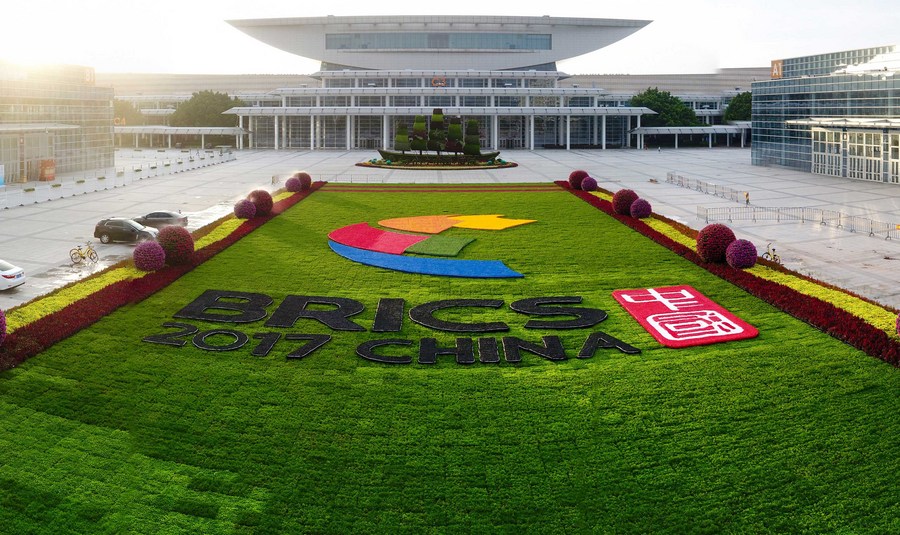
Undoubtedly, in the face of greater global uncertainties, these common positions of BRICS members are extremely valuable. It is said that BRICS cooperation is driven by “three wheels”: political dialogue, economic exchanges and people-to-people contact. The Strategy for Economic Partnership 2025, adopted by the BRICS summit in November 2020, contributes to the movement of the economic “wheel.” The strategy defines a development path for BRICS and sets the framework for cooperation among its members in accordance with current economic trends and conditions. It also outlines five priority areas for partnership: trade, investment, finance, digital economy and sustainable development.
This year, China undertakes the rotating presidency for BRICS. On May 19, Chinese State Councilor and Foreign Minister Wang Yi chaired the virtual meeting of the BRICS Ministers of Foreign Affairs/International Relations in Beijing. It was agreed that discussions among BRICS members on membership expansion must be promoted, which clearly indicates that the group will soon have new members.
In order to ensure more cooperation, BRICS might need to ponder the following four issues:
Institutionalization. Until now, a virtual secretariat undertakes most of the day-to-day work of the organization. In order to oversee the implementation of the BRICS leaders’ ambitious objectives for cooperation, setting up a permanent secretariat is highly necessary.
Political trust. Due to differing national interests, BRICS cannot speak with one voice on some issues. Therefore, political trust among the five members must be further deepened.
More economic cooperation. It seems that the “three wheels” do not move at the same speed. So far, progress in the field of economic cooperation has not been particularly impressive. In the future, efforts must be redoubled to reap bigger harvests in terms of trade facilitation and investment promotion.
Try to walk the walk. From the joint declarations and communiques of the BRICS summit and ministers’ meetings, we can see that the organization wishes to cooperate in every field. Indeed, ambition is the first step to success, but the second step is action. BRICS should therefore walk the walk, instead of talking the talk.
 Facebook
Facebook
 Twitter
Twitter
 Linkedin
Linkedin
 Google +
Google +




